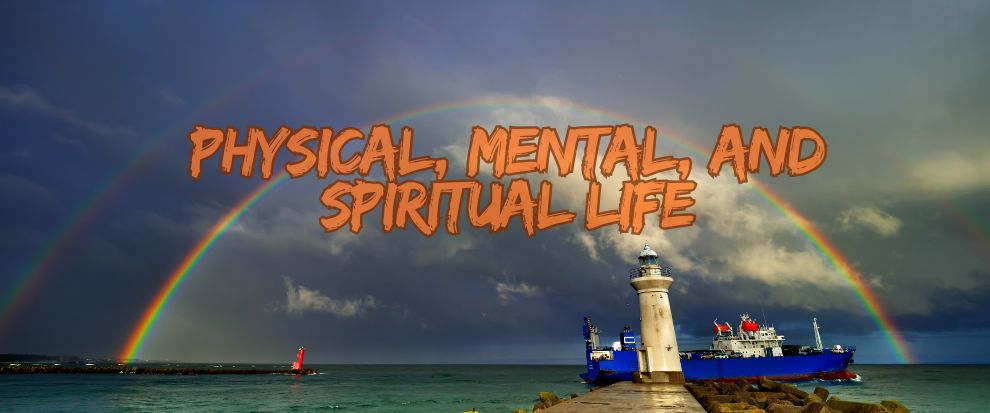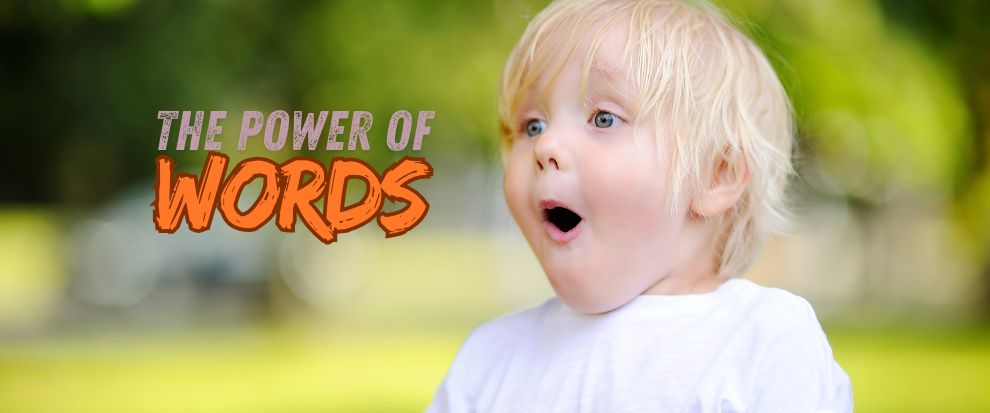Emotions are an essential part of our lives. They color our experiences, connect us with others, and help us make sense of what we go through. Yet, emotions can sometimes feel overwhelming or confusing, especially when they are intense or when we don’t know how to handle them. In this blog, we will dive deeper into the world of emotions and provide practical tips to better understand and manage them.
What Are Emotions?
Emotions are internal responses to what we perceive, think, or experience. They can be positive, such as joy, love, and hope, or negative, such as sadness, anger, and fear. While emotions can sometimes be challenging, they all serve a purpose. Fear, for example, warns us of danger, while joy motivates us to pursue positive experiences.
Types of emotions:
- Joy: A feeling of happiness and contentment.
- Sadness: A reaction to loss or disappointment.
- Anger: Often a signal that a boundary has been crossed.
- Fear: A warning of potential danger or risk.
- Disgust: A reaction to something unpleasant or unacceptable.
- Wonder: A sense of admiration and amazement.
- Love: A deep feeling of affection and connection.
- Shame: The feeling of not meeting your own or others’ expectations.
Life Events That Impact Our Emotions
Certain life events have a profound impact on our emotional well-being. Here are three of the most common:
- Loss of a Loved One Losing someone close to us can evoke deep feelings of sadness, grief, and sometimes anger. It’s a process that requires time and support to heal from.
- Starting or Ending a Relationship New relationships often bring excitement and joy, while breakups or divorces can lead to feelings of heartbreak, loneliness, and confusion.
- Major Life Transitions Events such as moving to a new place, changing careers, or becoming a parent can trigger a mix of emotions ranging from anxiety and stress to excitement and hope.
Why Are Emotions Important?
Emotions:
- Influence our decisions: They play a significant role in how we make choices.
- Connect us with others: Sharing emotions helps build deeper relationships.
- Help us grow: Understanding emotions teaches us more about ourselves and our needs.
How Can You Better Manage Emotions?
Managing emotions is a skill you can develop. Here are some strategies:
- Acknowledge Your Emotions It all starts with recognizing what you feel. Name your emotions: are you angry, sad, happy, or maybe anxious? By naming them, you take the first step toward understanding them.
- Accept Them Try not to suppress or push away your emotions. All emotions, even the uncomfortable ones, are valid. Accepting them gives you the space to deal with them.
- Listen to What They Tell You Emotions are signals. Ask yourself: what is this emotion trying to tell me? Perhaps anger indicates that your boundaries have been crossed, or sadness shows that you’ve lost something important.
- Use Healthy Coping Mechanisms Everyone needs ways to deal with emotions. Here are some healthy options:
- Talk about it: Share your feelings with a friend, family member, or therapist.
- Move your body: Exercising can help release tension and stress.
- Write it down: Journaling your feelings can help you organize and understand them.
- Practice breathing exercises: Deep breathing helps you stay calm in stressful situations.
- Set Boundaries Sometimes, our emotions are triggered by others. Learn to say “no” and protect your personal space and energy.
- Seek Professional Help When Needed If your emotions are severely impacting your daily life, don’t hesitate to seek help. A therapist or counselor can provide you with valuable tools and insights.
Practical Exercise: The Emotion Check-In
Take a few minutes each day to check in with yourself:
- What am I feeling right now?
- Where in my body do I feel this emotion?
- What does this emotion need? Rest, movement, a conversation?
By regularly reflecting on your emotions, you build stronger emotional resilience.
Conclusion
Emotions are powerful guides that shape our lives. By acknowledging, accepting, and working with them instead of fighting against them, you can develop a deeper understanding of yourself and better handle life’s challenges. Start small today and discover the power of emotional resilience!







